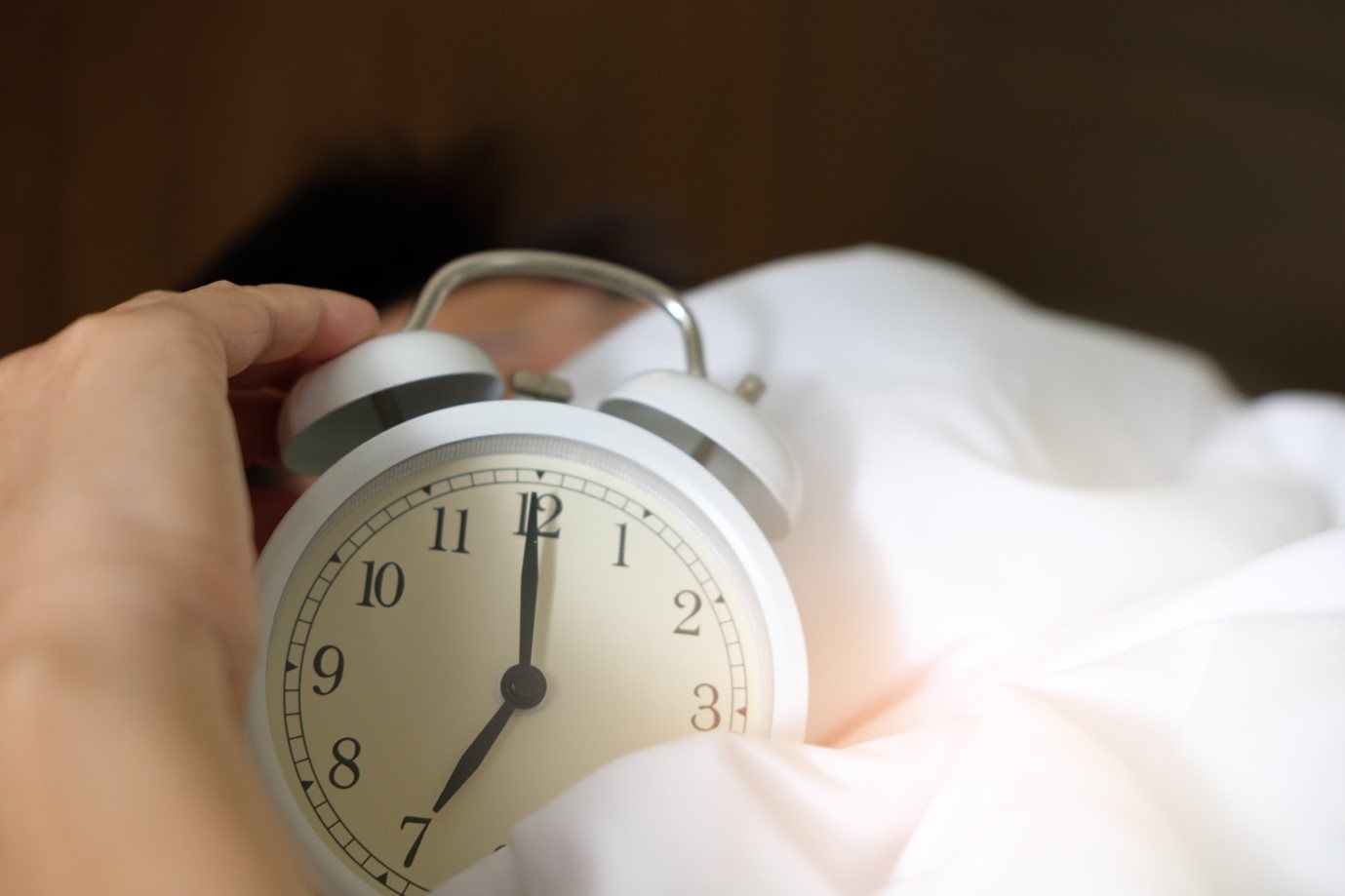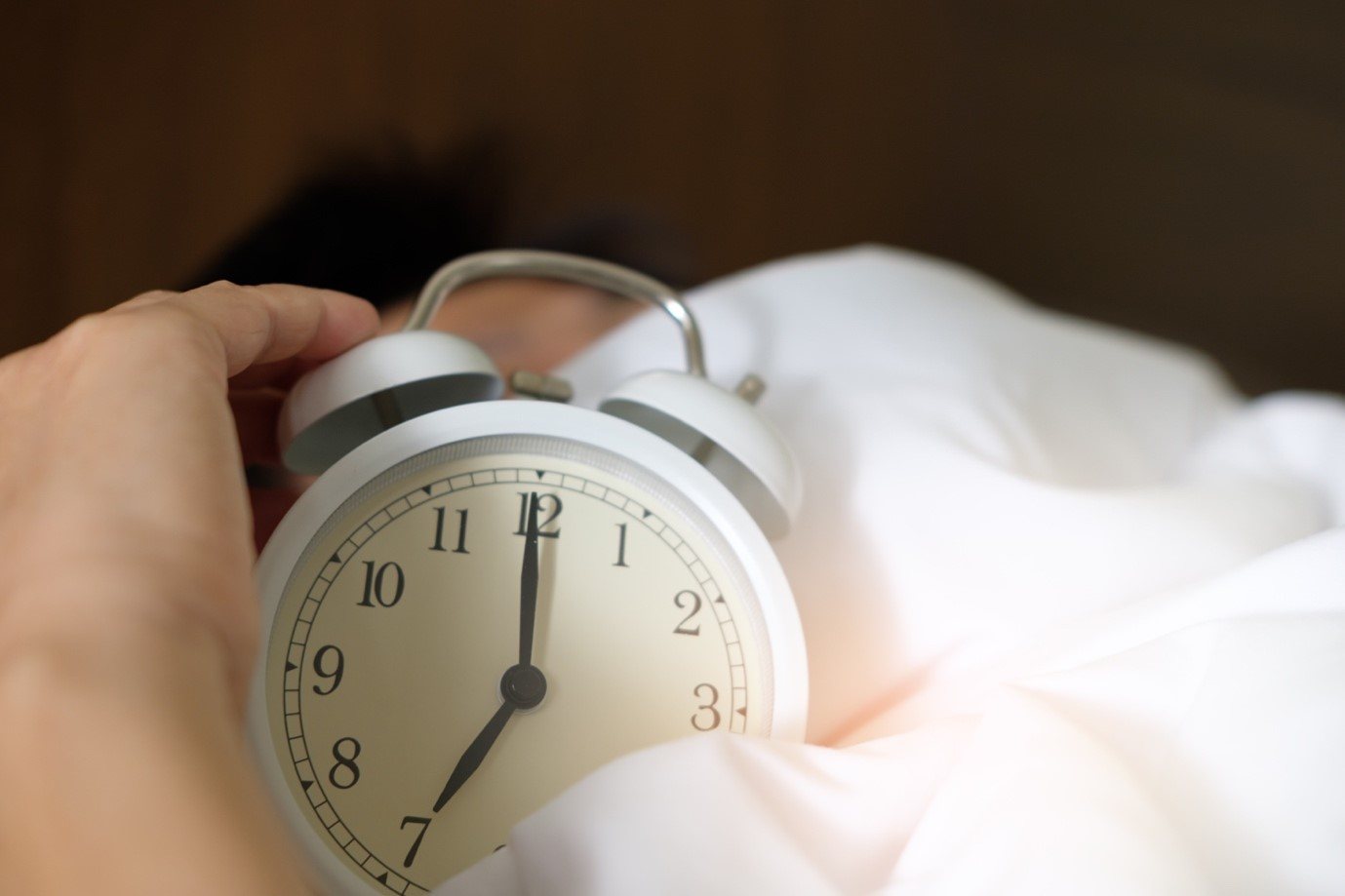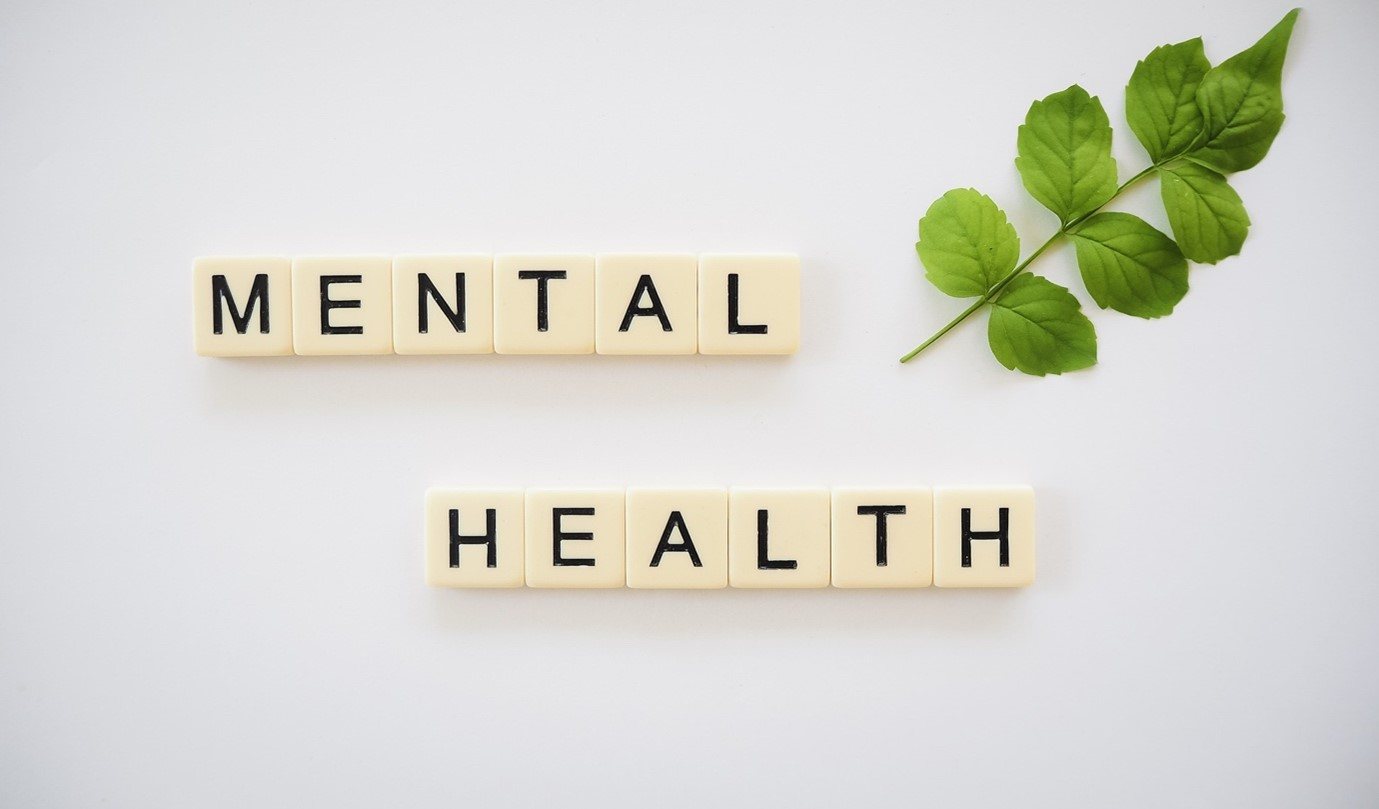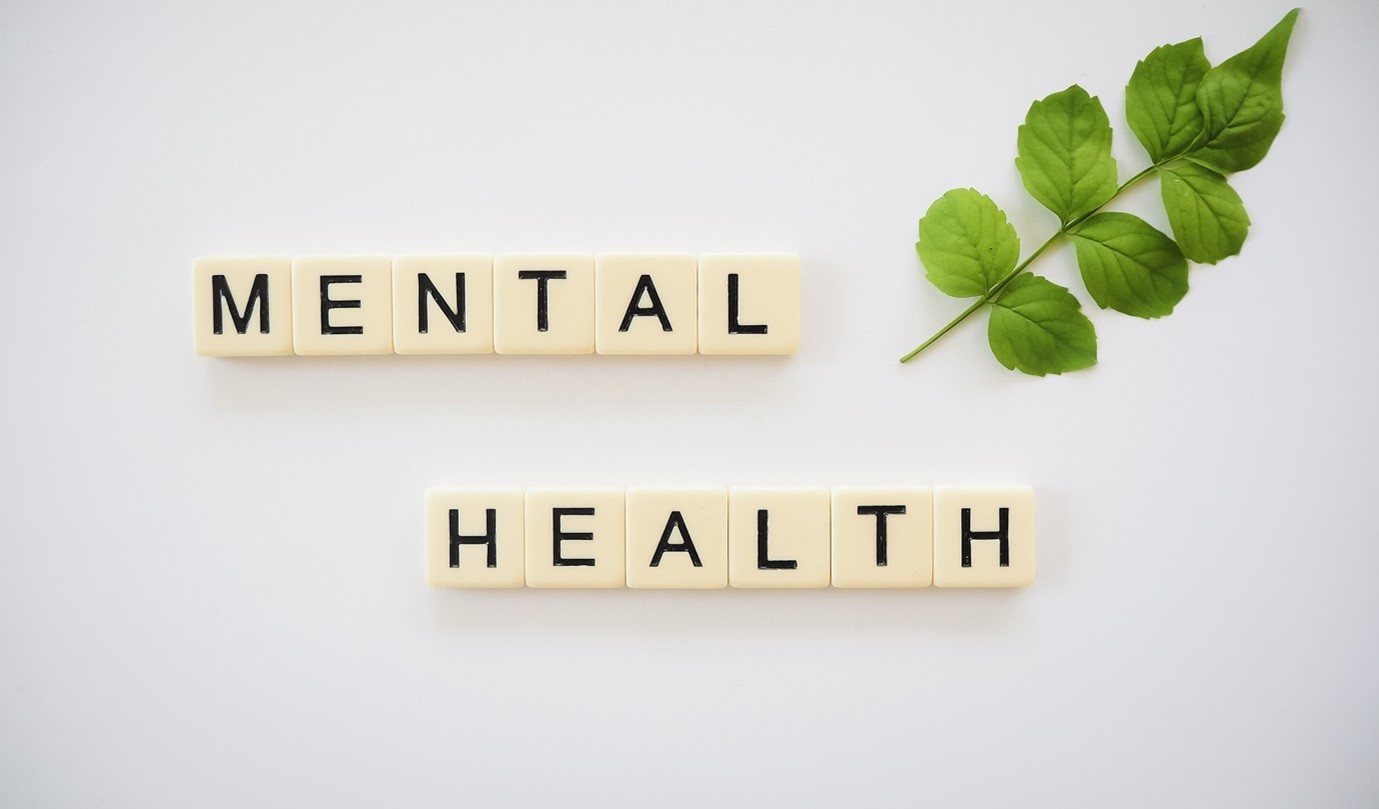National Bed Month, the Clock Change and World Sleep Day


March is the busiest month of the year for sleep! March is National Bed Month; March 18th is World Sleep Day; and the clocks change on the 27th March.
And So To Bed is busy this month with promotions, social giveaways, and an Instagram Live at 1pm on World Sleep Day itself (@andsotobed_uk).
World Sleep Day
This year’s World Sleep Day theme is “Quality Sleep | Sound Mind | Happy World”. World Sleep Day is an annual, global call to action about the importance of healthy sleep. This year’s theme is about how quality sleep helps maintain mental health. Good sleep is essential to good health, both physical and mental.
Awareness of the importance of mental health has never been more topical and vital than it is right now. Many people’s mental health has really struggled over the past two years with unprecedented disruptions to normal life due to Covid and recently the war in the Ukraine. When people struggle with anxiety, depression or sleep, everyday life can feel extremely difficult. Also, each of these mental health conditions tend to amplify the others. To improve your sleep, it is a good idea to find ways to minimise daytime anxiety and stress, plus to improve your mood, improving your sleep is a great place to start.
When we are stressed or anxious, it is much harder to sleep well since our body is physically aroused in anticipation of the next threat. Also, when we are depressed we can find it hard to fall asleep as our mind may be ruminating over sad past event.


Here are some things you can do to help your overall mood as well as your sleep:
- Have a dedicated time during the day to process your emotions or to do your worrying. If you don’t make time to do this in the daytime, then your brain will suddenly think that 3am is the time to start planning how to solve that big work problem. You may want to use a self-care journal or a gratitude journal to help with this.
- Yoga or Pilates can be really helpful to improve our mood during the daytime and also help us to feel more relaxed and able to sleep well at night. The Instagram live on our And So To Bed (@andsotobed_uk) Instagram page on World Sleep Day at 1pm on the 18th of March will be a discussion on this topic with Sue Skelton from @SueSkeltonYoga and Dr Lindsay Browning from @DrBrowningSleep.
- Make your bedroom as relaxing for sleep as possible. Make sure that you tidy away any work before going to bed and ensure your luxury bed frame is supportive and comfortable. It might be time to buy a new designer bed if your mattress is over 7 years old.
- Get outdoors at lunchtime for a walk in the sunshine. Our bodies need to see the sun in the late morning/midday to help us know the difference between day and night.
- Prioritise relaxing during the day and in the evening so that you aren’t as anxious at night. Slow deep breathing is a great relaxation technique, as is making time for self-care.
- Go to bed and set an alarm to wake up at the same time each day. Just because you can go to bed late and lie in until noon, doesn’t mean that it is good for you or your sleep.
Clock change
When the clocks go forward on March the 27th, we lose an hour’s sleep. In order to avoid being sleep deprived, it is a good idea to gradually alter your bedtime three to four days before the clocks change so that you get used to falling asleep and waking up earlier.
Try going to bed 15 minutes earlier and waking 15 minutes earlier the first night, then 30 minutes earlier than your usual bed and wake time the second night, then 45 minutes earlier the third night, and then on the evening of Saturday the 26th March you can go to bed an hour earlier than your usual bedtime, then set your morning alarm for your usual wake time – your smartphone will automatically adjust this time overnight. This way, you won’t lose any sleep on the 27th when the clocks change. It is also a sensible idea to gradually move your breakfast, lunch, and dinner times a little earlier each day too, since the timing of mealtimes also has an impact on our internal clock.
Once the clocks change, you will be getting up an hour earlier than you were before. Therefore, get some light exposure as early as possible in the morning to help move your circadian rhythm to this new time. Start your day by opening your curtains wide as soon as you wake up to let in the light, and ideally go for a walk first thing early in the morning to help your body get used to waking up and going to bed earlier. Since morning exercise has been shown to help our circadian rhythm move, you could do some exercise in the morning to help you wake up more easily at this earlier time but try to avoid exercise in the evening.
Avoid caffeine after about 2pm, since caffeine has a 6-hour half-life (meaning caffeine is still in your system many hours after your last drink).
Lastly, practice good sleep hygiene by avoiding bright lights in the evening from your phone and laptop, as these can disrupt your natural production of melatonin
- 9th March 2022


